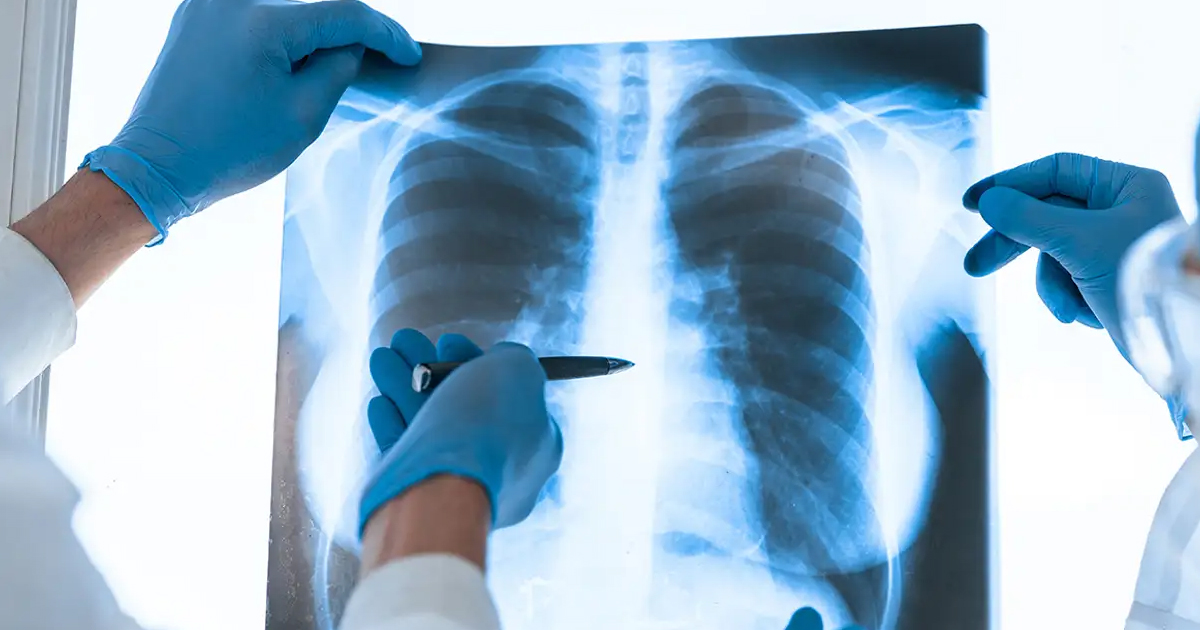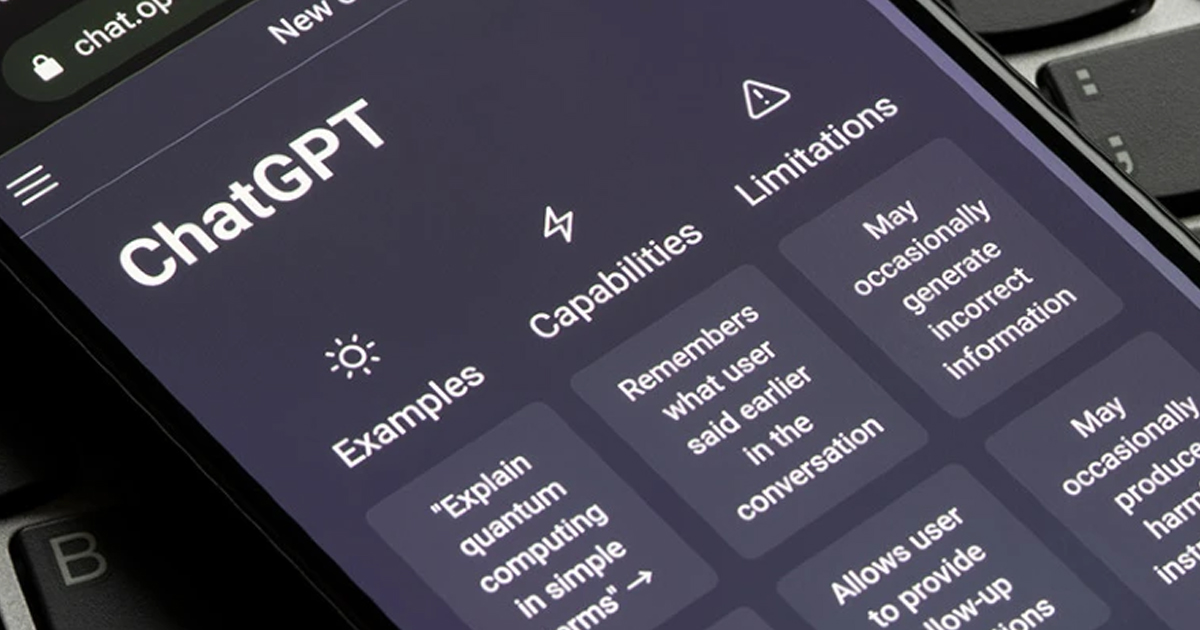During the pandemic, fast action and proper triage of patients in the emergency department has been key to preventing complications of COVID-19.
Scientists in the United States proposed and applied a data-driven system " for automatic prediction of deterioration risk using a deep neural network that learns from chest X-ray images and a gradient boosting model that learns from routine clinical variables," as explained in their paper in Nature.
The prognostic system through Artificial Intelligence (AI), was trained with data from 3,661 patients and achieved an area under the receiver operating characteristic curve (AUC) of 0.786 (95% CI: 0.745-0.830) in predicting deterioration within 96 hours.

Through a neural network, informative areas are extracted from X-ray chest images to help specialists interpret the predictions. It also reduces the working time of radiologists, and takes advantage of this type of specialists for other tasks within the hospital.
The AI system was implemented in its preliminary version at New York University's Langone Health during the first wave of contagions. During its application, it made accurate predictions in real time.
“Our findings show the promise of data-driven AI systems in predicting the risk of deterioration for COVID-19 patients, and highlights the importance of designing multi-modal AI systems capable of processing different types of data,” the authors conclude.
The datasets used are available on ImageNet. And the code for the study models along with their trainings are available on GitHub. See the full article here: https://www.nature.com/articles/s41746-021-00453-0#data-availability






